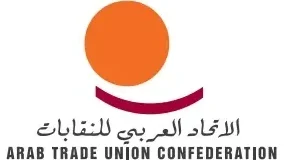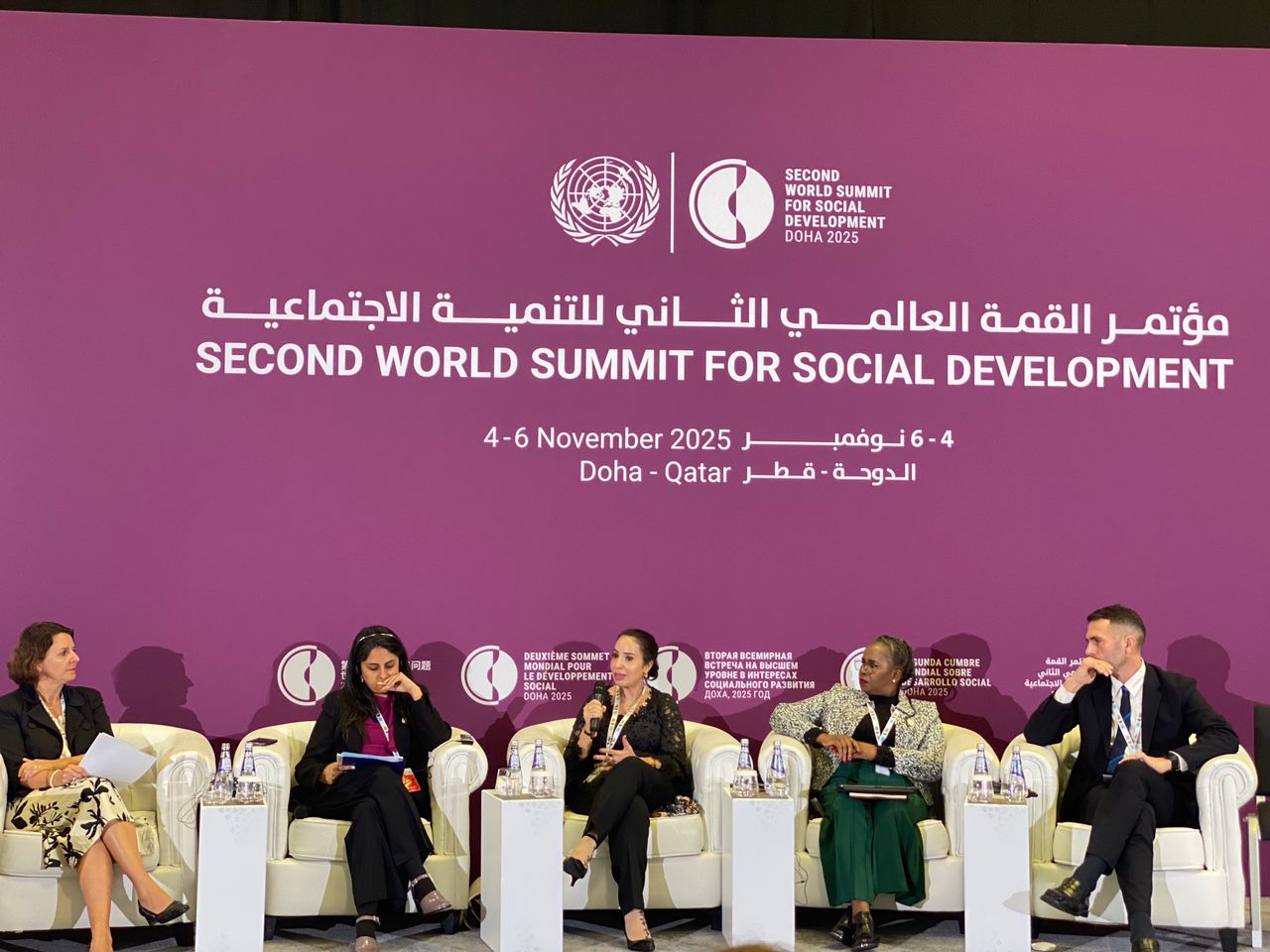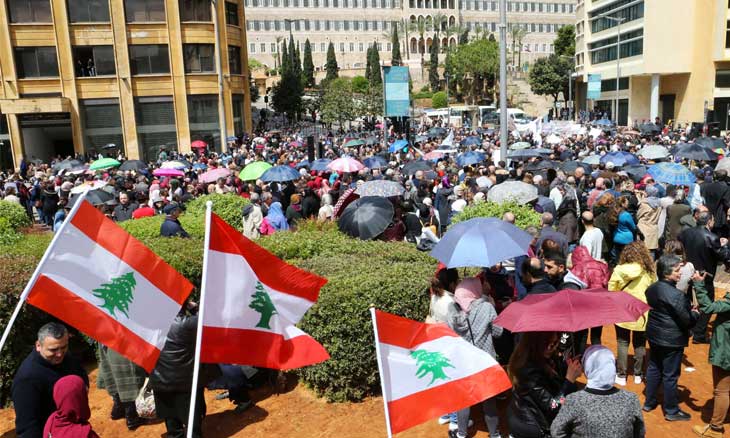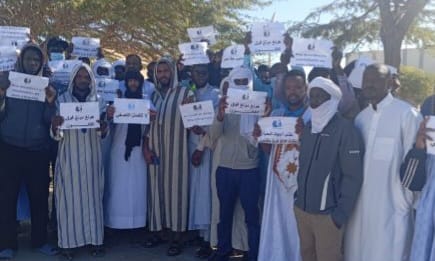خلال مشاركتها في ندوة حول العدالة الجندرية على هامش مؤتمر القمة العالمي الثاني للتنمية الاجتماعية، هند بن عمار "إعلان الدوحة للتنمية الاجتماعية خطوة مهم باتجاه تحقيق المساواة بين الجنسين، لكننا نحتاج لترجمة ذلك في كل السياسات الوطنية د، الاقليمية والدولية".
ألقت الاخت هند بن عمار السكرتير التنفيذي للاتحاد العربي للنقابات خلال مشاركتها في ندوة حول العدالة الجندرية على هامش مؤتمر القمة العالمي الثاني للتنمية الاجتماعية شددت فيها على ان إعلان الدوحة للتنمية الاجتماعية قدم التزامات صريحة تجاه تحقيق المساواة بين الجنسين ومناهضة جميع أشكال التمييز والعنف في عالم العمل، كما اعتبرت أن هذا الإعلان عبر بوضوح أن العدالة لا يمكن أن تُبنى على الإقصاء أو التمييز، وأن المساواة في الفرص والأجور والتمثيل ليست امتيازاً، بل حقاً أساسياً وشرطاً ضرورياً لتحقيق السلم المجتمعي والتنمية المستدامة. فحين تُقصى النساء، يُقصى نصف المجتمع، وتتعطل طاقات الشعوب وتتعثر مسارات التنمية.
وأكدت الأخت هند بن عمار أن السلام الحقيقي لا يُختزل في وقف النزاعات، بل يقوم على العدالة والمساواة وكرامة الإنسان، وأن ضمان حق المرأة والرجل في العمل اللائق والمشاركة المتكافئة هو أساس بناء مجتمعات متماسكة وآمنة.
وفي هذا السياق، دعت إلى ترجمة إعلان الدوحة إلى إجراءات عملية وتشريعات وطنية تضمن المساواة في الأجر، والحماية من العنف والتحرش، و الاعتراف بعمل النساء في الرعاية وتوسيع مشاركة النساء في الحوار الاجتماعي وصنع القرار، انسجاماً مع اتفاقيات ومعايير منظمة العمل الدولية، خاصة الاتفاقية رقم 190.
كما شددت على أن تمكين النساء اقتصادياً ونقابياً هو جزء لا يتجزأ من النضال من أجل العدالة الاجتماعية والسلم الأهلي، مؤكدة أن لا استقرار دون مساواة، ولا سلام دون عدالة.
عندما تنهض النساء، تنهض المجتمعات.
فالمساواة في العمل ليست قضية تخص النساء فقط، بل هي شرط أساسي لتحقيق العدالة الاجتماعية والديمقراطية والسلام في منطقتنا وجددت في ختام كلمتها ان الاتحاد العربي للنقابات ملتزم بمواصلة العمل المشترك مع الحكومات والشركاء الاجتماعيين من أجل ترسيخ ثقافة السلام القائم على الحقوق، والعدالة الاجتماعية المبنية على المساواة، والتنمية الشاملة التي لا تُقصي أحداً ولا تترك عاملاً أو عاملة خلف الركب.





